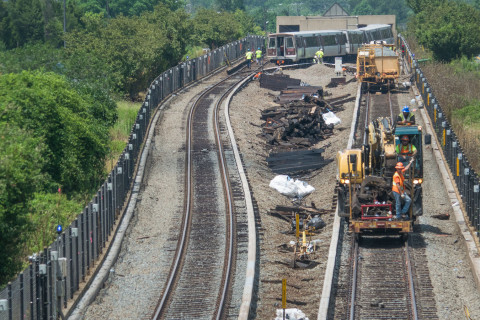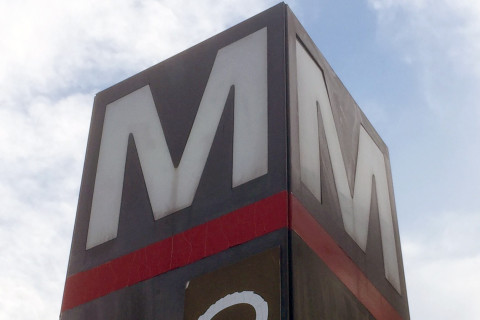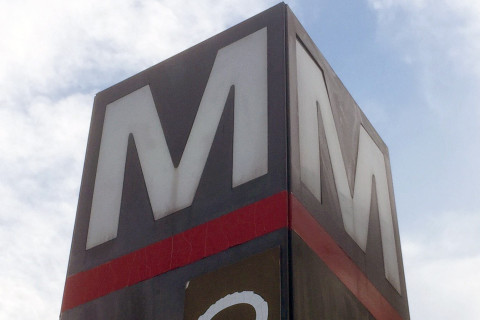WASHINGTON — After exposing more serious safety problems with Metro earlier this week, the head of the Federal Transit Administration said Thursday that the transit agency has even more issues to address with the subway.
“I believe they’re going to be extending the surges to address more problems. Right now we’re just focused on the track issues under the current surges, but there’s more that they have to do,” FTA acting Administrator Carolyn Flowers said on WTOP.
While the FTA has the authority as Metro’s temporary oversight agency to withhold federal funding or to direct shutdowns of parts of the system, Flowers said she believes “things are turning around” to some degree.
“We’re working with them on a daily basis to ensure that things don’t get worse,” Flowers said.
“If there was any issues with a substantial risk of personal injury to passengers or workers, we would take action.”
Since a derailment nearly two weeks ago that sent one person to the hospital with a head injury, Metro has promised to actually conduct the inspections it is supposed to do.
Those new inspections uncovered a variety of problems that need to be addressed, including problems at six interlockings where trains move from one track to the other.
Metro plans to add weekend shutdowns for each of those areas, beginning with a shutdown on the Red Line this weekend between Grosvenor-Strathmore and Shady Grove for repairs at Twinbrook.
“Metrorail is moving towards a more safe and reliable system. They have made positive changes, I think that they’re not immediately obvious, but under the new leadership there, they’re attacking some of these problems,” Flowers said.
In November, Paul Wiedefeld took over as general manager of the troubled transit agency and hired several new senior staff members in the last few months.
He acknowledges that Metro’s overall top-to-bottom focus on safety is not where it should be.
This week’s FTA report on track inspection and maintenance found a number of problems, including the following:
- Understaffing;
- Workers who did not know how to do their jobs;
- Basic safety issues not being addressed;
- Inspection reports that were not followed up to prioritize repairs.









